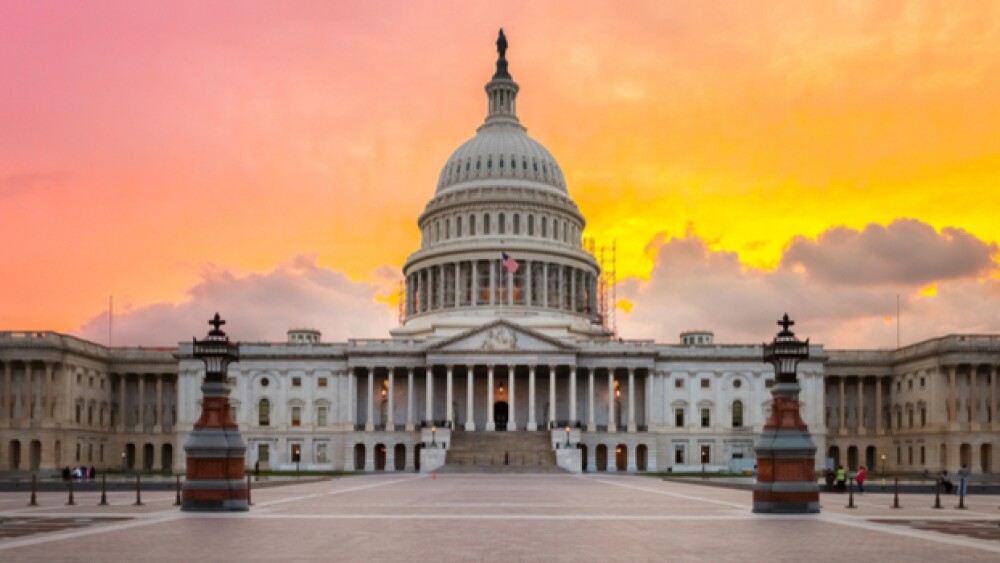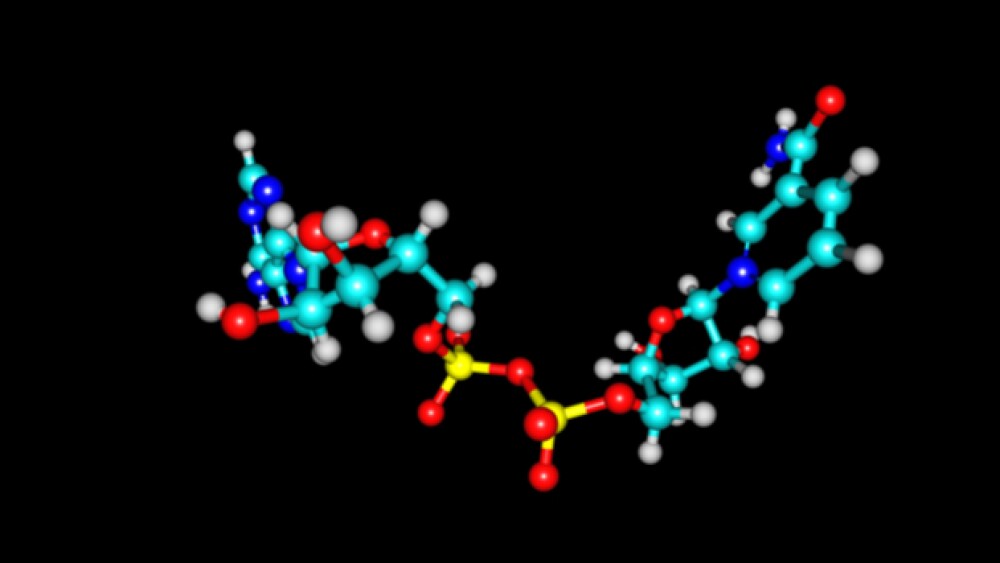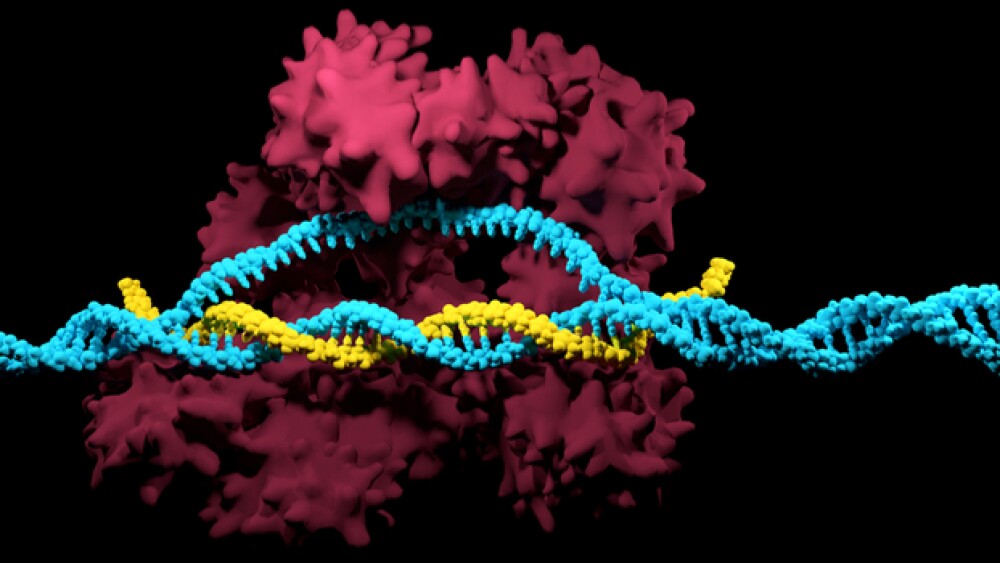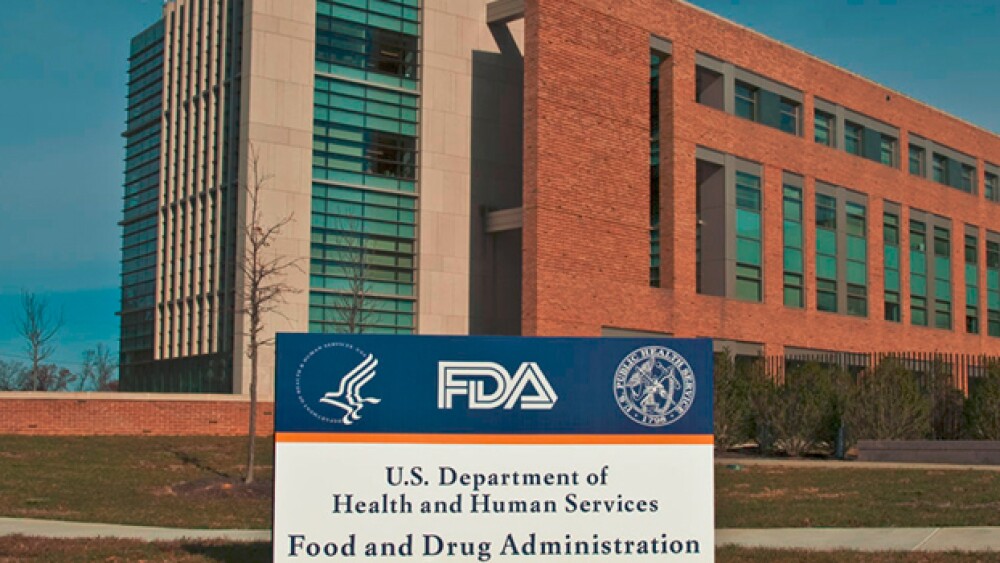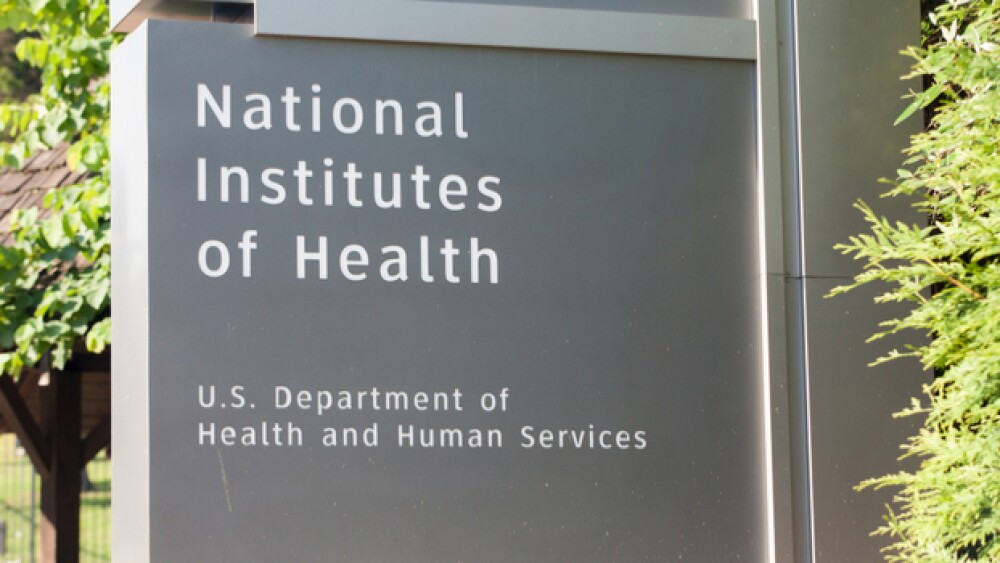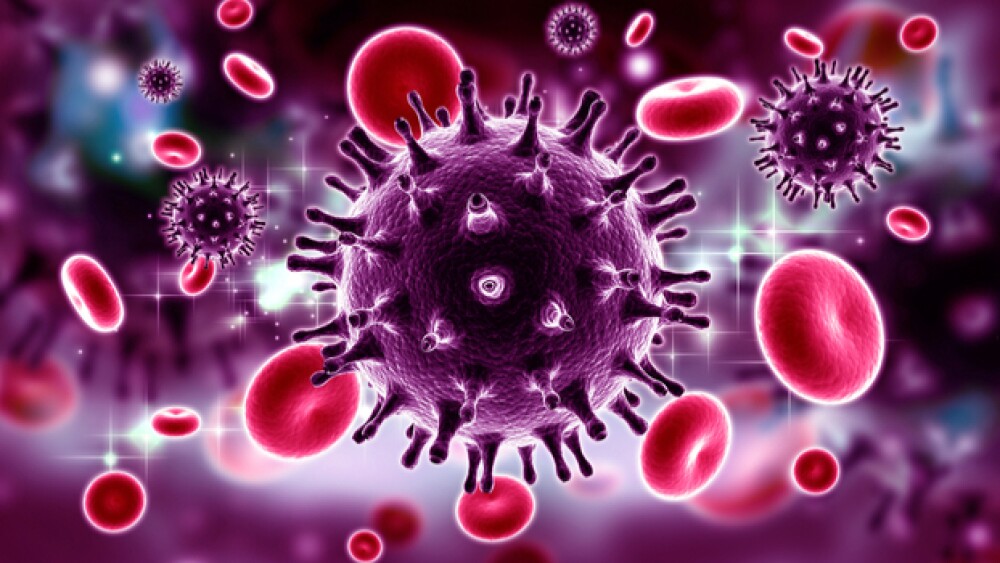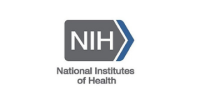
National Institutes of Health (NIH)
NEWS
There’s no doubt that drug prices, particularly sky-high prices for new biologics and companies jacking up the prices of older drugs, is a problem. And it’s definitely a political issue, especially now that candidates are declaring their plans to run for president in 2020.
There has been recent optimism—and possibly hype—over so-called NAD boosters. Kaiser Health News (KHN) recently reported on Harvard University researcher David Sinclair, who is taking his own research product, a supplement that boosts nicotinamide adenine dinucleotide (NAD), a cofactor found in all living cells.
In November, Chinese researcher He Jiankui of the Southern University of Science and Technology of China announced he had used CRISPR to alter the embryos of seven couples to make them resistant to HIV. To date, a set of twins were born and there is another pregnancy. This was met by near-universal condemnation in the global scientific community.
For the last couple decades, states have shown an interest in boosting the biotech industry. Massachusetts and California are dominant in biotech startups, and recently Texas expressed its hopes of being a great “third coast” for biotech clusters.
In writing literally hundreds of stories this year, two BioSpace writers, Alex Keown and Mark Terry, found certain stories particularly intriguing or impactful. Some of those were such big topics that they were covered over a series of stories. Looking back at 2018, here are their Top 10.
There are plenty of great scientific research stories out this week. Here’s a look at just a few of them.
Lawsuit Charges FDA, NIH With Failing to Follow Established Law for Reporting of Clinical Trial Data
The lawsuit alleges that the government is letting a number of researchers off the hook of reporting clinical data.
As the Trump administration has continued to show its lack of financial support of scientific research using fetal tissue, the National Institutes of Health is setting aside $20 million to fund research that could develop alternatives to the use of embryonic tissue.
Researchers who focus on HIV vaccines are caught in the middle of a political battle over funding of fetal stem cell research.
JOBS
IN THE PRESS

